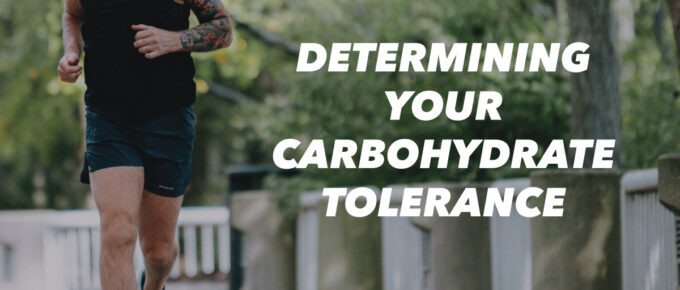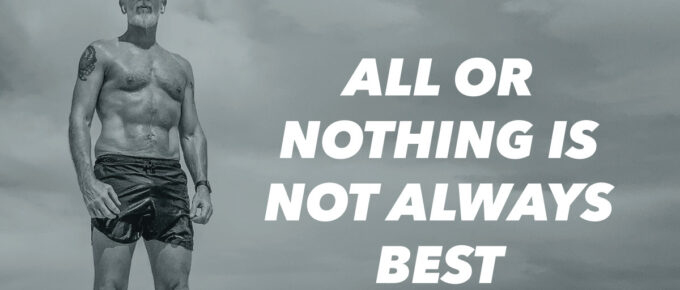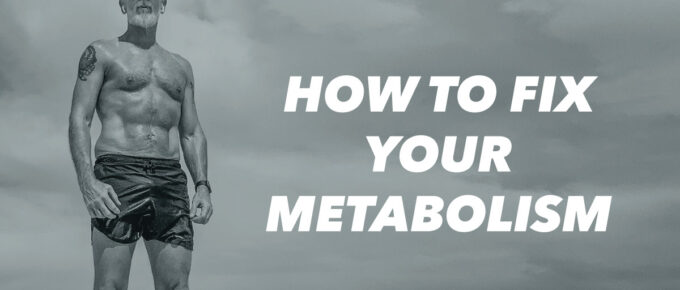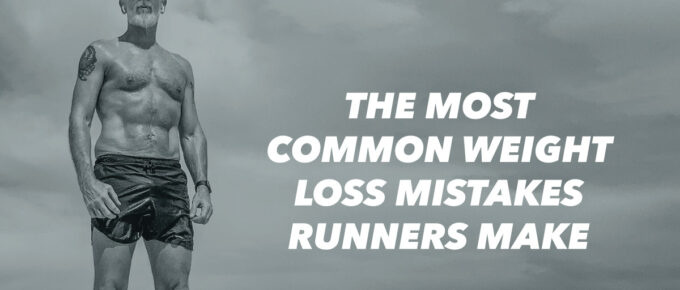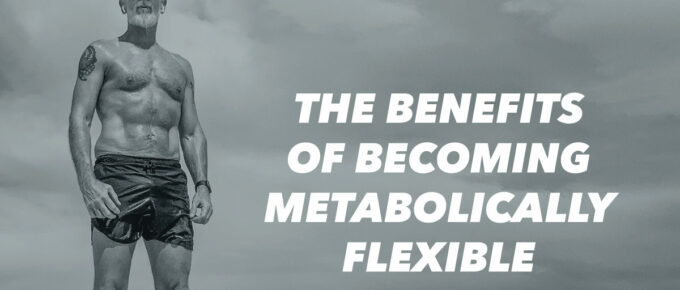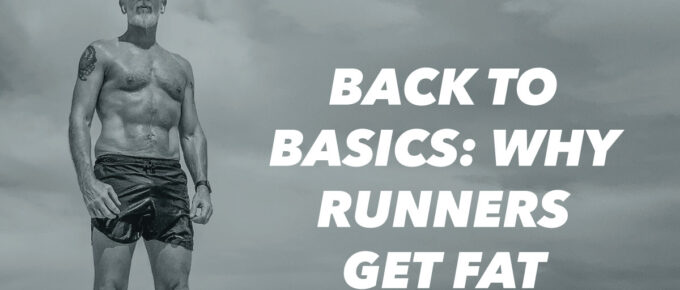A lot of people make the assumption that if you’re a low-carb runner, it means you don't ever eat any carbs at all. But this simply isn’t true. There’s a time and place for carbs in your diet, …
Continue Reading about 148. Determining Your Carbohydrate Tolerance →

